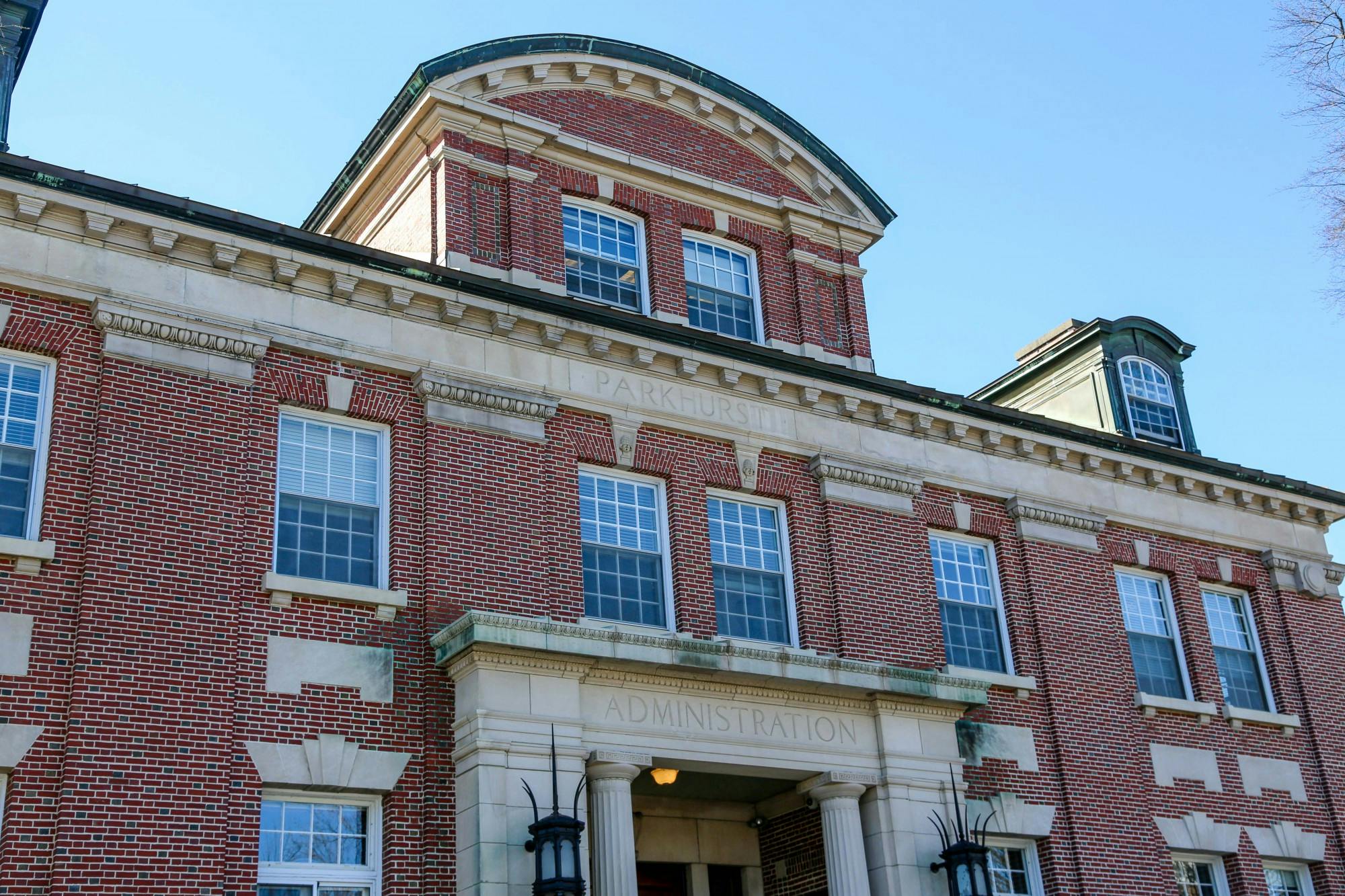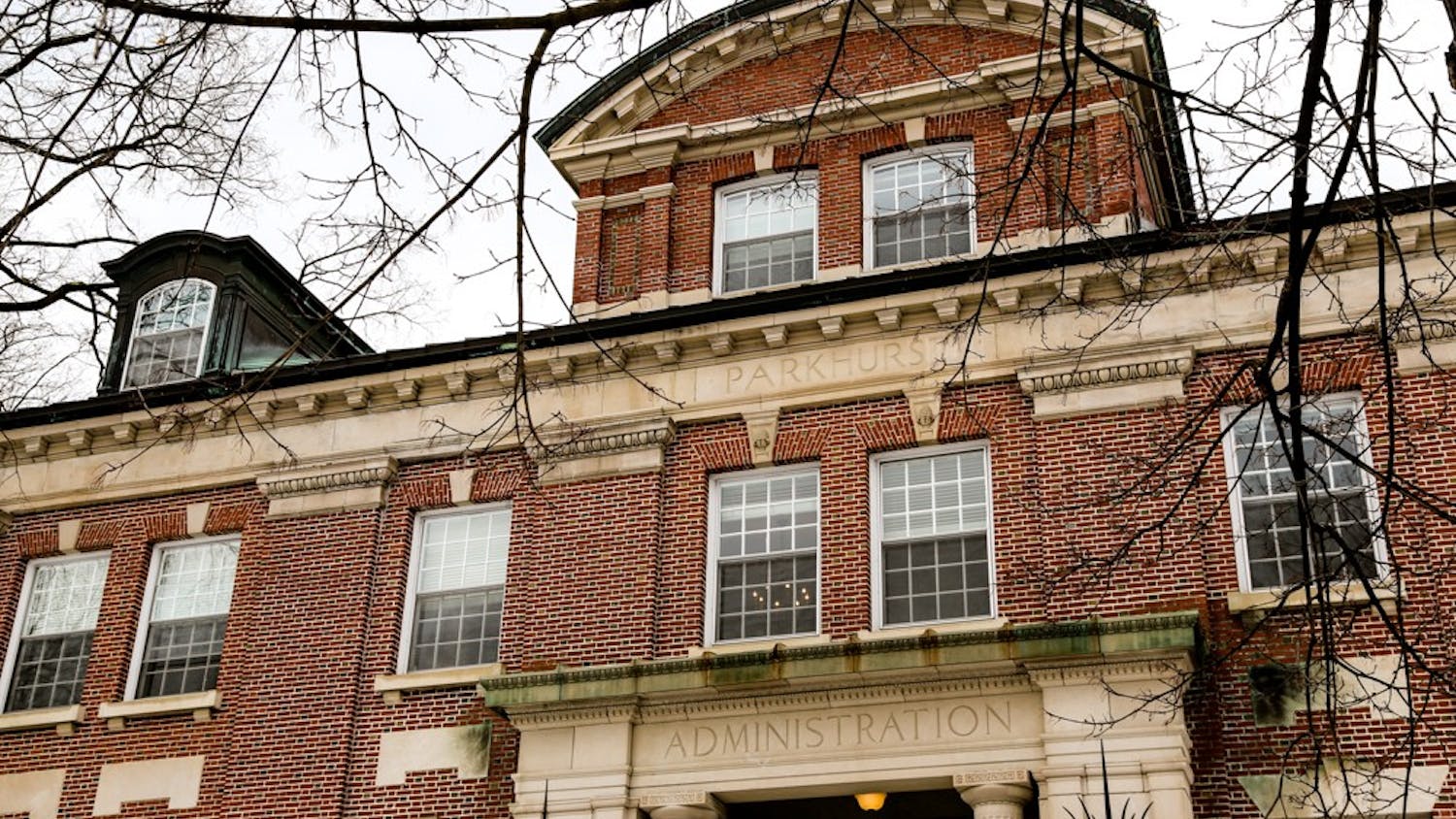Addressing the July 1 joint statement from the Board of Trustees and College senior leadership on taking steps to address systemic racism at Dartmouth, a collective of Black faculty and staff began circulating an open letter on July 14 that calls for the College to take more concrete actions towards racial justice.
The letter, penned by a group of Black faculty and staff, among them chair of the African and African American studies program Ayo Coly and associate professor of mathematics Craig Sutton, asks the College to address issues in institutional leadership and governance; hiring, promotion and retention and African and African American studies.
According to Coly, the open letter’s genesis was the email message to the community that College President Phil Hanlon first sent out on May 31 after the murder of George Floyd. In his email, Hanlon denounced systemic racism in the United States, but Coly said she and other authors of the open letter felt that he did not address structural racism at the College.
The authors of the open letter wrote that they met with the College’s senior leadership on June 17 “to express [their] dissatisfaction with President Hanlon’s May 31 message to the Dartmouth community.” They also said that they presented detailed proposals that address “the racially hostile working, living and studying conditions at the College.”
However, they wrote in the open letter that they failed to see a “concrete plan of action” in the College’s July 1 joint statement that corresponds to the proposals they raised in the meeting. The group then published the open letter and made public their detailed initiatives.
According to Coly, Hanlon’s July 1 statement motivated Black faculty and staff to write the open letter to hold the administration accountable and “ask the Dartmouth community to bear witness to this moment.”
“Many of us, faculty, staff and students were left quite unsatisfied with this message because we felt [Hanlon] was displacing the question of structural racism away from Dartmouth,” Coly said. “And [Hanlon] really missed an opportunity to take a look at Dartmouth, and call into question the structural racism at the core of Dartmouth.”
According to assistant director of individual and class giving Vincent Wilson, a Black staff member who helped pen the open letter, the open letter sought to provide specificity not present in the July 1 statement.
“We wanted to really outline the changes that we wanted to see, instead of a general overview of what the College has stated,” Wilson said.
Coly noted that the open letter does not only address anti-Black racism.
“Although we are centering Black issues and anti-Blackness, we are also doing so in solidarity with other communities like Native Americans, Asian Americans, the LGBTQ community and so forth,” Coly said.
The open letter also allows community members to sign on in solidarity with the goals outlined in the letter. As of July 19, the letter had more than 900 signatures.
“By asking members of the community to sign on [the open letter], it’s sending a message to the administration that people see what’s going on,” Sutton said.
Also on July 14, the College appointed history professor Matthew Delmont — a member of the collective who wrote the letter — as special advisor to Hanlon. According to Delmont, he will work with senior leaders to help improve the recruitment, retention and success of Black faculty and other faculty of color.
Delmont stressed that the open letter was written with a “tremendous amount of care” for the College, and that it reflects the authors’ desire to do what’s best for faculty, staff and students.
“My role as special advisor is really to encourage the president, Provost Joseph Helble and Dean Elizabeth Smith to take these recommendations seriously and then to help them think creatively about how we can accomplish them,” Delmont said. “Particularly since we're in the midst of a very tight budget situation.”
Delmont added that he hopes to use his role to make the concerns of faculty, staff and students of color a higher priority for the College, as he feels those concerns have for too long been “at the margins.”
Wilson, who, according to Sutton, represented the concerns of Black staff among the collective that wrote the letter, noted that Delmont’s appointment provides the group someone they can directly go to in senior leadership to ensure accountability.
Many Dartmouth students signed the open letter to support its detailed initiatives.
Marina Cepeda ’21 said she signed onto the petition because she appreciated the concrete, actionable steps that it provided.
“The amount of invisible labor that Black faculty and staff put into the College to provide concrete steps which are ignored and neglected is just so hurtful to me as a student,” Cepeda said. “They gave recommendations, and then they gave implementations, so really Dartmouth doesn't have any excuse to not follow up with it.”
Zachary Spicer ’22 said that, in reading the letter, he learned things that he did not previously know about the College, such as the fact that the percentage of tenure-track Black faculty at the College decreased between 2004 and 2019. He added that he was “blown away” by the amount of detail put into the letter.
Awo Adu ’22 said that she first saw the letter when on the AAAS email list, and that she decided to sign it because of her relationships with and support for Black faculty and staff.
“I've been in classes with them,” Adu said. “I've had mentorship with them and it felt that it was only right that I support what they're putting out,” Adu said.
Wilson said that the authors of the letter hope to check in with the College’s senior leadership by the end of the month on the recommendations presented in the open letter.
College spokesperson Diana Lawrence wrote in an email statement that members of senior leadership look forward to continued dialogue and making progress toward long-term meaningful change.


